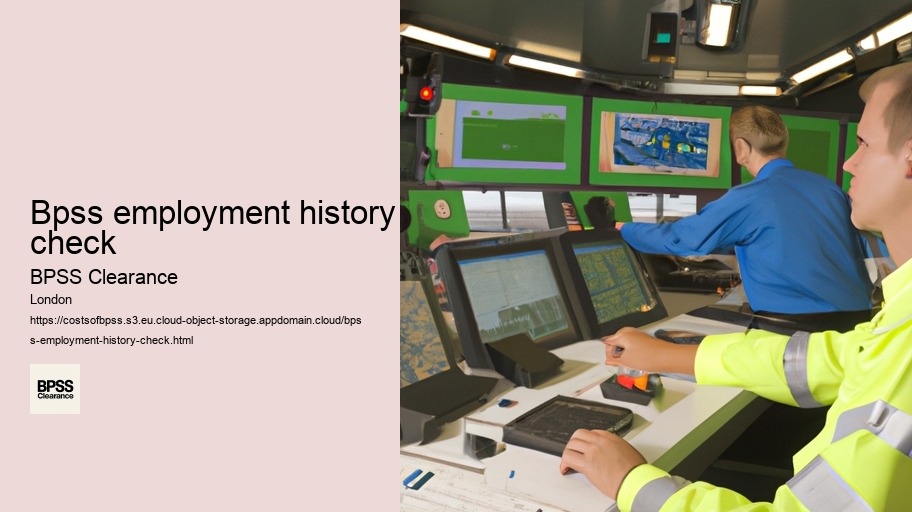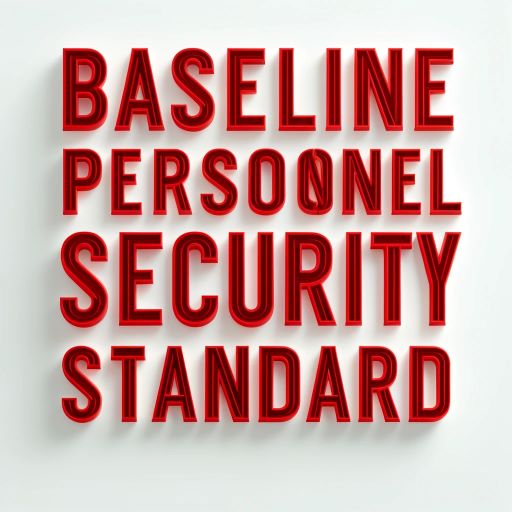
Renewal and revalidation of BPSS clearance should be conducted periodically, especially for employees in long-term sensitive roles. Government contractors This ensures that any changes that might affect an individual's security status are identified and managed effectively, maintaining continuous security compliance.
Data protection is a critical concern during the BPSS clearance process. Organizations must handle all personal information according to the UK's Data Protection Act 2018, ensuring that applicants' data is processed in a secure, lawful, and fair manner. This adherence to data protection laws is crucial in maintaining the trust of applicants and the legitimacy of the screening process.
3. **Continuous Monitoring:** Anticipate standard practices of continuous monitoring and periodic re-screening to uphold BPSS compliance over time.





